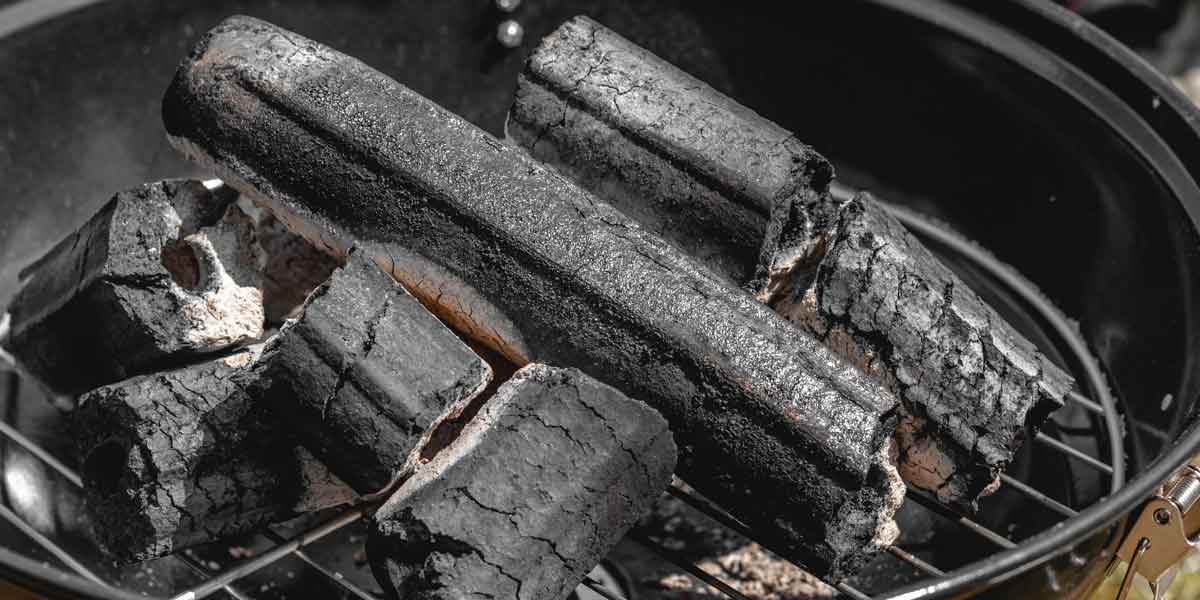
The use of activated charcoal dates back to the 18th century when its adsorbent properties were used for water filtration and treatment plants. During this time, scientists started exploring the possibility of activated charcoal being efficacious for poisoning cases in animals and humans, and for the next century and a half, the purification and refinement processes of activated charcoal evolved rapidly to enhance its adsorbent nature.[1]
While the evidence was significant, other activated charcoal benefits were officially recognized and adopted a few decades ago (about 50 years) in clinical practice. Now, it has become an acceptable standard to administer activated charcoal to prevent the toxins from body circulation.[1] Beyond its use for poisoning, activated charcoal benefits stretch to include a wide variety of applications in various fields of living. We shall look at a few.
What does science have to say about the beneficial effects of activated charcoal? We’ll start with a few general benefits.
General Benefits of Activated Charcoal
1. Oral Health and Teeth Whitening
Many oral health companies make products with activated charcoal in them, advertising activated charcoal’s antibacterial, antiviral, antifungal, and detoxifying benefits. From its nature and mode of action, it may sound accurate, however, there is no significant research to back such claims.[2]
2. Deodorizing
Deodorants with activated charcoal have become popular, given its properties. Activated charcoal is known to absorb harmful gases and smells, as well as excess moisture, all of which lurks in refrigerators, underarms, and/or shoes. It may also be potent in controlling the humidity in these areas, keeping it at micro-levels.[3]
3. Skincare and Skin Hygiene
When used on the skin, activated charcoal may be effective in drawing out chemicals, dirt, toxins, dust, and bacteria, making the dirt available on the surface of the skin for easy cleaning.[4]
4. Treatment of Skin Infection
Activated charcoal made from coconut shells has been found useful in the traditional treatment of skin infections. Here, its antibacterial effects are commercially advertised since its adsorbent properties are significant in the absorption of harmful microbes present in wounds.[3]
Medical Benefits of Activated Charcoal
1. Overdose and Poisoning
Often times, doctors may administer activated charcoal in emergency cases of overdoses or poisonings.[5] A few drugs and toxins that may be drawn and counteracted by activated charcoal include sedatives, NSAIDs and other OTC anti-inflammatories, calcium channel blockers, carbamazepine (Tegretol), dapsone, methylxanthines (mild stimulants), and malaria medications.[3]
Any Drawbacks?
Generally, activated charcoal is safe for ingestion and well-tolerated by most people. However, it is not completely void of side effects, though minimal. Common side effects experienced after activated charcoal administration include nausea and vomiting, especially if the patient is semi-conscious during the time it was administered. Whereas, this is mostly because the texture of the mixture is coarse and not very fun to gulp.[1]
Secondly, when it comes to homemade activated charcoal that may have not been properly processed to rid all impurities, scientists found many instances of side effects due to the residual toxic compounds.[1]
It is important to note that activated charcoal does not have a universal binding nature and may not bind to all types of drugs and toxins. Corrosive agents that do not bind to activated charcoal include acids, alkalis, hydrocarbons, alcohol, iron compounds, lye, boric acid and heavy metals such as lead, potassium, lithium, and petroleum products (i.e. fuel, paint thinner, gasoline, and some cleaning products).[6]
Meanwhile, activated charcoal may be fatal when aspirated into the lungs. When this happens, urgent medical attention, which includes a chest X-ray must be given immediately.[7]
Closing Thoughts
Activated charcoal benefits have become widespread that lots of industries now include them in a wide variety of products. Based on research, it’s quite safe to ingest and to use on the skin and hair, however, regardless of how safe or effective activated charcoal is, it shouldn’t be administered without expert supervision, to avoid mistakes, such as accidentally putting your lungs at risk. If you need further clarity on activated charcoal profile, mode of action, and safety, check out our other activated charcoal resources;
References
- HH Patel, M.Pharm.(2019). What is Activated Charcoal? Reviewed by Angela Betsaida B. Laguipo, BSN. Retrieved March 10, 2020, from News Medical – Life Sciences; https://www.news-medical.net/health/What-is-Activated-Charcoal.aspx
- Brooks, J. K., Bashirelahi, N., & Reynolds, M. A. (2017, September). Charcoal and charcoal-based dentifrices: A literature review [Abstract]. The Journal of the American Dental Association, 148(9), 661–670. Retrieved March 10, 2020, from; https://www.sciencedirect.com/science/article/pii/S0002817717304129
- Medically reviewed by Alan Carter, PharmD on January 10, 2020 — Written by Jennifer Huizen. What are the benefits of activated charcoal? Retrieved March 10, 2020, from Medical News Today; https://www.medicalnewstoday.com/articles/322609
- Mendhekar, S. Y., Thorat, P. B., Bodke, N. N., Jadhav, S. L., & Gaikwad, D. D. (2017, November 24). Formulation and evaluation of gel containing neem, turmeric, aloe vera, green tea and lemon extract with activated charcoal and honey. European Journal of Pharmaceutical and Medical Research, 4(12), 439–443. Retrieved March 10, 2020, from; http://www.ejpmr.com/admin/assets/article_issue/1512093026.pdf
- Silberman, J., & Taylor, A. (2018, January 23). Activated charcoal. Retrieved March 10, 2020, from; https://www.ncbi.nlm.nih.gov/books/NBK482294/
- Charcoal, Activated. The American Society of Health-System Pharmacists. Retrieved March 10, 2020, from https://www.drugs.com/monograph/charcoal-activated.html
- Elliott CG, Colby TV, Kelly TM, Hicks HG (1989). Charcoal lung. Bronchiolitis obliterans after aspiration of activated charcoal. Chest. 96 (3): 672–4. doi:10.1378/chest.96.3.672. PMID 2766830.
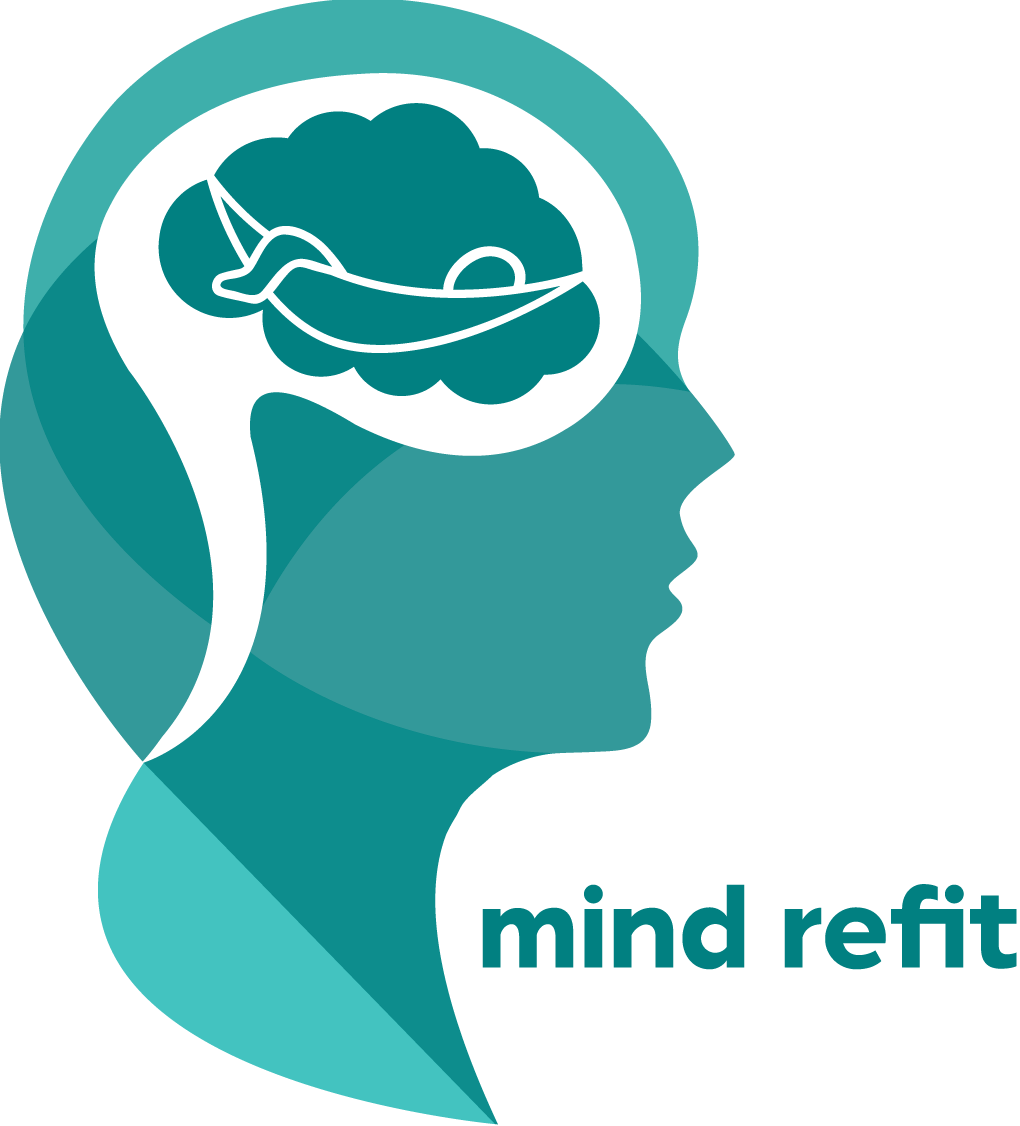

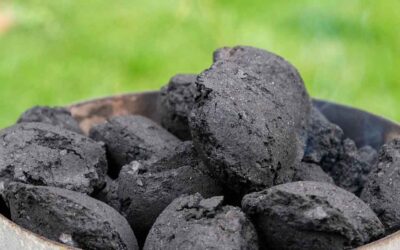
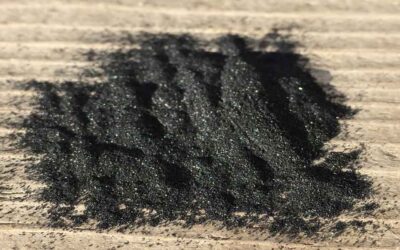
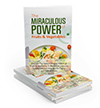
0 Comments